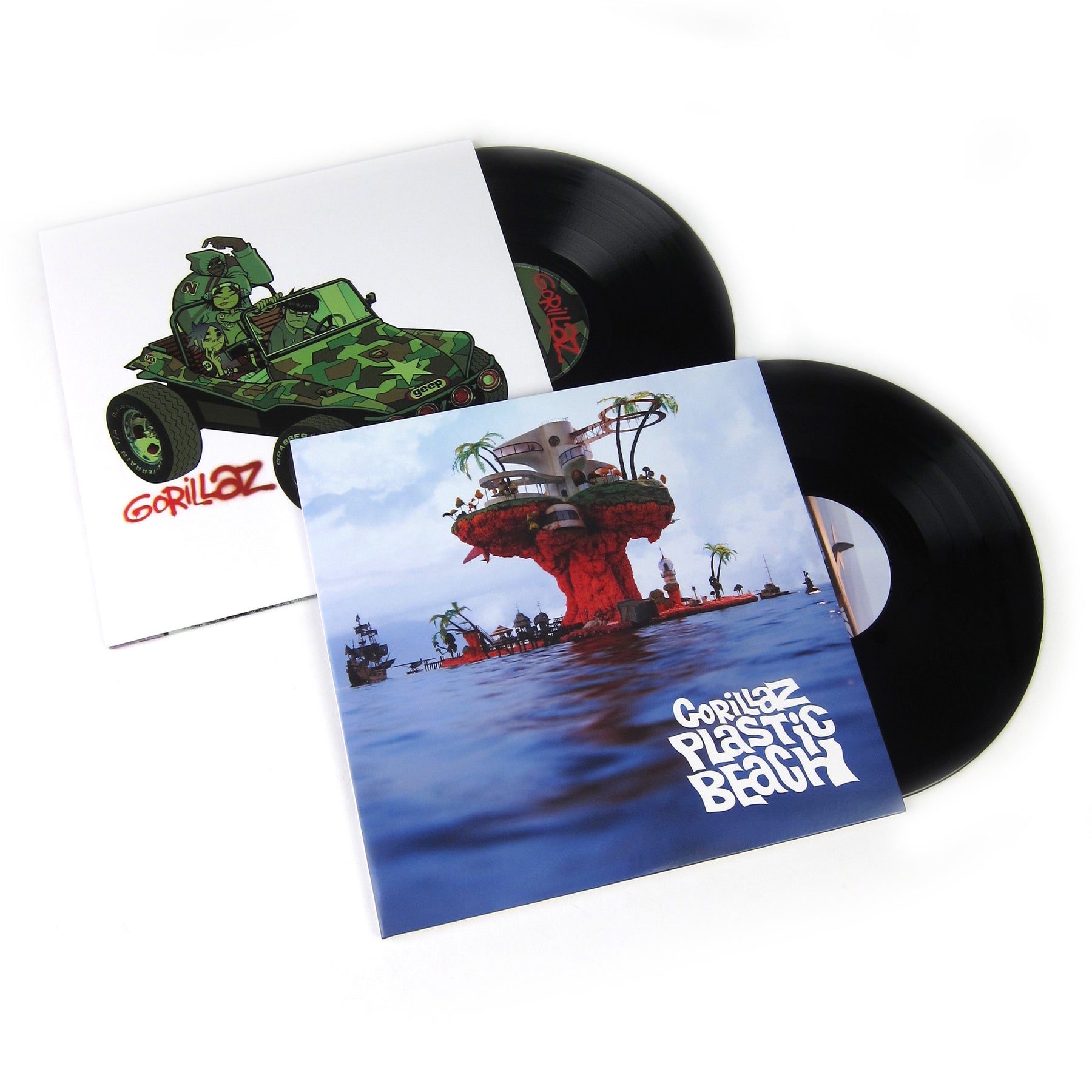

skipping chants, first single Stylo (also brilliant) manages to merge Bobby Womack’s soulful croon and Mos Def’s raps into something resembling a Gary Numan or Grace Jones track from 1983, and Superfast Jellyfish (particularly brilliant) finds Super Furry Animals’ Gruff Rhys delivering an OutKast-meets-The Rentals elastic pop bouncer in keeping with his colourful cartoon surroundings, right down to the trumpets that sound like a sad clown at the end. Rhinestone Eyes (brilliant) is all 80s synths and M.I.A. It’s the first of a plethora of jaw-dropping surprises on what might possibly be the least predictable album ever made.įrom here Plastic Beach simply flies. White Flag opens as the world’s only Shinto Bollywood track before Kano and Bashy trade anti-war, anti-crime and anti-religion rhymes over trashy Casio beats.

Then, the first handbrake turn in what will be a head-spinning ride. You’d be forgiven for assuming Gorillaz had found their place as Damon’s token hip hop side project. After a meandering, seagull-strewn string intro, Snoop Dogg phones in his contribution to lounge rap number Welcome to the World of the Plastic Beach. Not that you’d think that from the first couple of tracks. Only behind such a distracting smokescreen could Damon Albarn get away with conducting a project as sprawling, daring, innovative, surprising, muddled and magnificent as Plastic Beach: not just one of the best records of 2010, but a release to stand alongside the greatest Albarn’s ever been involved with and a new benchmark for collaborative music as a whole. Listen, though, and it makes more sense than ever. The Plastic Beach back story – colourful fluff about cyborg bassists, kidnapped singers and islands made of trash – might make you think the whole cartoon band conceit is wearing a bit thin.


 0 kommentar(er)
0 kommentar(er)
